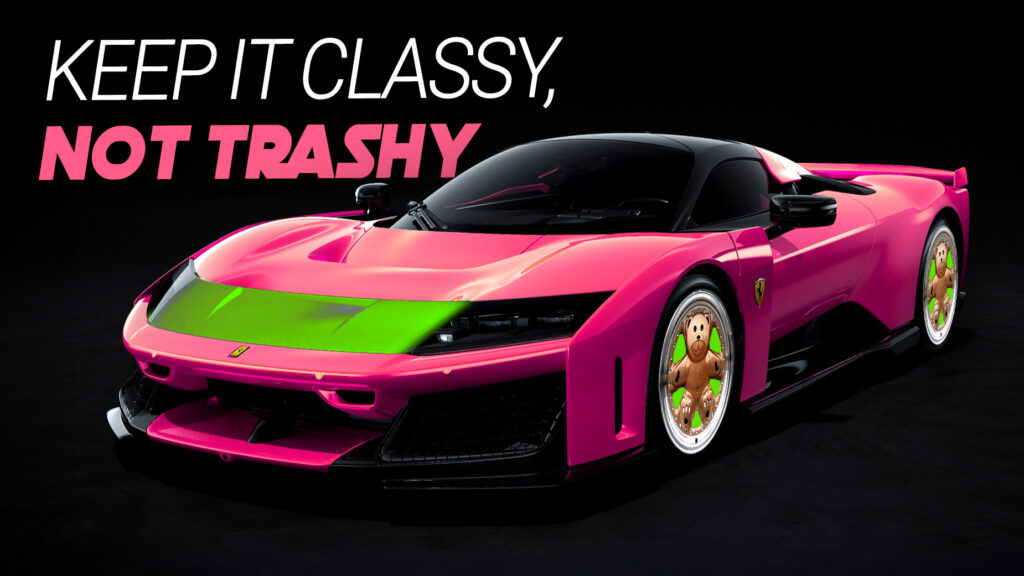- Ferrari’s CEO says the company might limit its customization program to protect its brand.
- Benedetto Vigna hinted at pre-defined color combinations to prevent overly flashy designs.
- The company has restricted customer choices before, but its new policy remains ambiguous.
Ferrari knows that to be one step ahead, it must cater to the ultra-rich in a way that few can. Of course, some supercar buyers have more dollars than sense. Some just have poor taste in general. Now, a new report says that Ferrari may start cracking down on customization requests that don’t align with its vision of the brand.
More: Ferrari Dealer Sues Customer For Flipping His Purosangue
According to The Telegraph, “the luxury car manufacturer is drawing up plans to potentially prevent drivers from selecting garish colour schemes, as bosses fear they have the potential to damage the brand.” The report cites CEO Benedetto Vigna, who hinted that Ferrari may step in to prevent certain “garish” configurations.
In reality, his words tell us a great deal about customization-savvy customers and their potential requests. “We have been thinking internally maybe to pre-define the (colour) combinations. We have to pay attention because we have to defend the values and the identity of the brand. We will not make a strange car, for sure,” he said in the interview.
So put simply, Ferrari reserves the right to tell a customer no. Vigna didn’t say the brand was considering blacklisting buyers, as some have reported, but instead made it clear that the brand might limit certain options which, as he plainly stated, it already does. He did go on to explain the brand’s thinking too. “There are some combinations that are not liked or loved by the second potential buyer,” he said.
Ferrari’s History of Saying No
That’s not to say Ferrari hasn’t blacklisted customers before for all sorts of reasons. The brand famously sent a cease and desist letter to DJ Joel Zimmerman (aka Deadmau5) over his Nyan Cat-wrapped Ferrari. But there’s a difference between handling things quietly behind closed doors and openly admitting to banning buyers.
In addition, the brand is somewhat well-known for its personalization program. It touts this in advertising and calls out that it’s always provided clients with “huge freedom of choice.” Is it really going to tell a super-wealthy buyer that it’s unwilling to do something when that same buyer flashes seven figures or more? Only time will tell.




